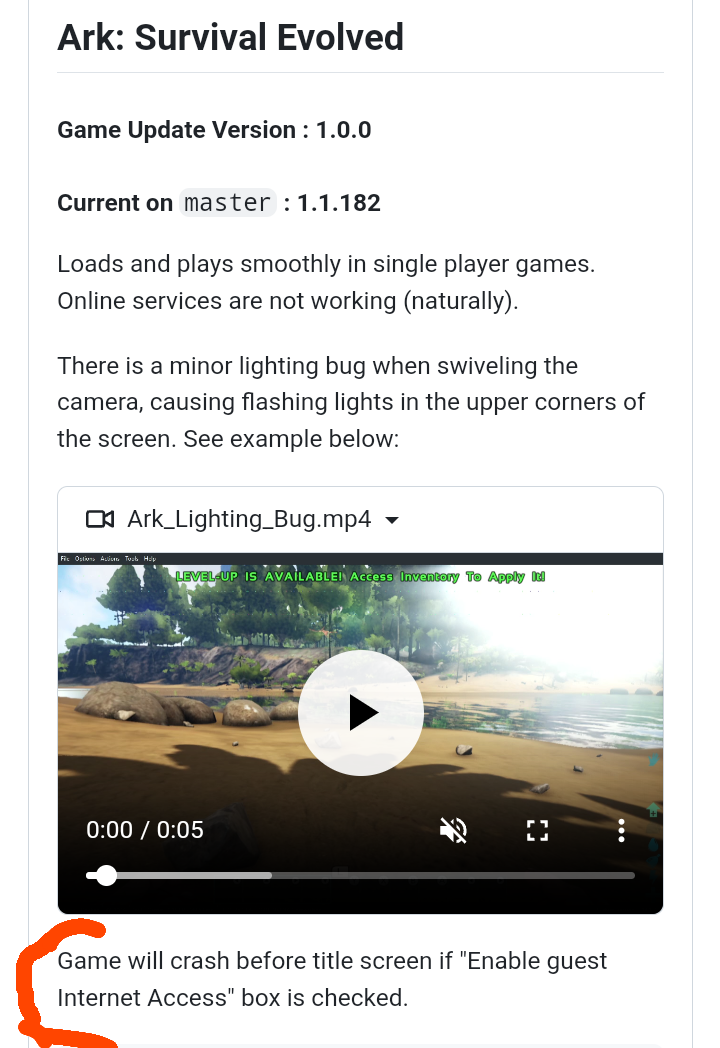Nintendo's Legal Action And The Ryujinx Emulator Shutdown

Table of Contents
Understanding the Ryujinx Emulator and its Popularity
Ryujinx is a high-performance emulator designed to run Nintendo Switch games on PC. Its open-source nature and impressive capabilities quickly propelled it to become a leading choice for Switch emulation. Ryujinx offered impressive features, including:
- High-performance emulation: Ryujinx was known for its ability to run many Switch games at high frame rates and resolutions, even surpassing the original hardware in some cases.
- Accurate emulation: It boasted impressive accuracy in rendering graphics and sound, providing a near-native experience for many titles.
- Active community: A large and dedicated community of developers constantly worked on improving the emulator, adding features, and fixing bugs.
- Open-source nature: The open-source nature of the project allowed for transparency and community contribution, accelerating development and problem-solving.
This combination of factors contributed to Ryujinx’s immense popularity within the Nintendo Switch emulation community, making the Nintendo's legal action against it all the more impactful. The Ryujinx emulator became synonymous with high-quality Nintendo Switch emulation.
Nintendo's Legal Strategy and Intellectual Property Rights
Nintendo has a long and well-documented history of aggressively pursuing legal action against those infringing on its intellectual property. Their stance on emulation is clear: it's a violation of copyright. Emulation, by its nature, involves creating a copy of the original game's code, which is protected by copyright law. Nintendo argues that running ROMs on emulators like Ryujinx is copyright infringement, regardless of whether the user owns the original game.
Nintendo's past legal victories against ROM distribution sites and other emulators demonstrate their commitment to this strategy. They have consistently acted to protect their valuable intellectual property.
- Successful lawsuits against ROM sites: Nintendo has successfully shut down numerous websites offering ROMs of their games.
- Legal action against individual developers: They've also taken action against individual developers creating and distributing emulators.
This history underscores the seriousness of Nintendo's commitment to defending its intellectual property rights, creating a climate of risk for emulator projects like Ryujinx.
The Impact of the Ryujinx Emulator Shutdown on Gamers and Developers
The shutdown of Ryujinx has significant consequences for both gamers and developers. Gamers who relied on the emulator to play Nintendo Switch games, perhaps due to geographical limitations or financial constraints, have lost access to a favored method of playing these titles. The impact extends beyond simple game access; it affects the open-source community which thrived on collaborative development and innovation.
- Loss of access to games: Gamers lost a readily available and often superior method of playing their favorite titles.
- Setback for open-source development: The shutdown discourages future projects, potentially chilling innovation in emulation technology.
- Limited alternatives: Alternative emulators exist but often lack the performance and features of Ryujinx.
While the immediate impact is negative for many, some argue that Nintendo's actions protect their business model and incentivise legitimate game purchases.
The Legal and Ethical Implications of Emulation
The legality of emulation remains a complex and grey area. While creating and distributing ROMs is clearly copyright infringement, the act of emulation itself is legally ambiguous. The ethical considerations are equally nuanced. Some argue that emulation allows access to games that might otherwise be unavailable, promoting preservation and accessibility. Others maintain that it undermines the market for legitimately purchased games, harming Nintendo's business.
- Fair Use arguments: The “fair use” doctrine is rarely applicable in emulation cases, as it typically requires transformative use. Simply running an existing game on an emulator doesn't qualify.
- Copyright infringement: The core issue is the creation and use of ROMs which are direct copies of Nintendo's copyrighted software.
- Economic impact: The economic effect of widespread emulation on Nintendo’s revenue is a hotly debated topic.
Ultimately, the legal and ethical landscape of emulation is far from clear-cut.
Conclusion: The Future of Nintendo Switch Emulation After the Ryujinx Shutdown
Nintendo's legal action against Ryujinx represents a significant victory for them in their ongoing battle against emulation. The Ryujinx emulator shutdown has significant consequences for gamers and the open-source community. The future of Nintendo Switch emulation remains uncertain. While new projects may emerge, they will likely face similar legal pressures. The legal and ethical debate surrounding emulation will undoubtedly continue.
Share your thoughts on Nintendo's legal action against Ryujinx, the impact of the Ryujinx emulator shutdown, and the future of Nintendo Switch emulation in the comments below. Let's discuss the future of Nintendo Switch emulation and the ongoing impact of Nintendo’s legal actions.

Featured Posts
-
 Nyt Mini Crossword Solutions For May 9
May 20, 2025
Nyt Mini Crossword Solutions For May 9
May 20, 2025 -
 Canada Post Financial Instability Analysis And Potential Solutions For Mail Service
May 20, 2025
Canada Post Financial Instability Analysis And Potential Solutions For Mail Service
May 20, 2025 -
 Tampoy Fonoi Aneksereynites Ptyxes Kai Nea Dedomena
May 20, 2025
Tampoy Fonoi Aneksereynites Ptyxes Kai Nea Dedomena
May 20, 2025 -
 Matheus Cunha To Arsenal Transfer Speculation Mounts
May 20, 2025
Matheus Cunha To Arsenal Transfer Speculation Mounts
May 20, 2025 -
 Investing In Big Bear Ai A Detailed Look
May 20, 2025
Investing In Big Bear Ai A Detailed Look
May 20, 2025
